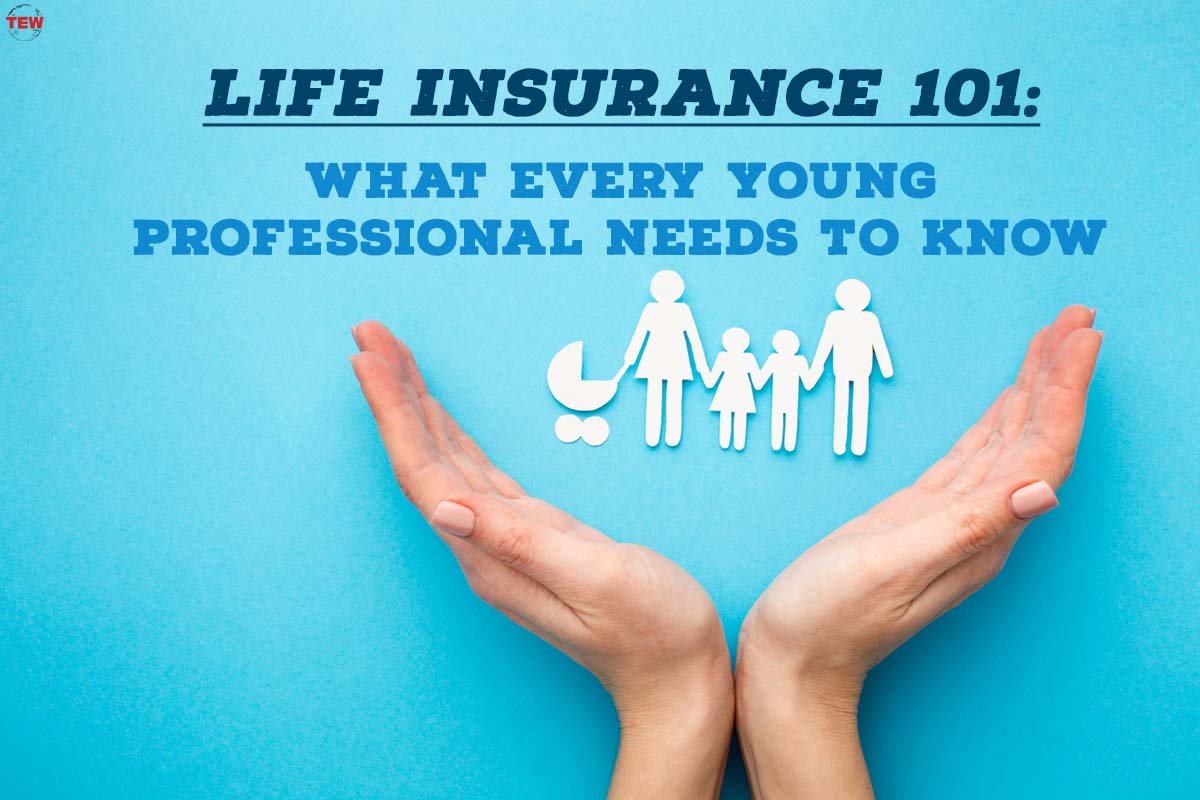In today’s world, it’s more important than ever to be financially prepared for the future. For young professionals, particularly, that means having a solid understanding of life insurance.
Despite being one of the essential financial products in the market, It can be confusing and rife with confusing information. That’s why we’ve put together this comprehensive guide to help you make sense of it.
This guide covers some important elements you need to know as a young professional. So read on to understand how It works and how much coverage you may need, as this is one of the most important financial decisions you’ll ever make.
What is life insurance, and why do you need it?
Life insurance is an important form of financial protection against the unexpected. In the event of death or illness, It can help to ensure that your family can maintain their lifestyle and take care of their financial obligations without making many burdensome sacrifices.
Many people think they only need life insurance once it’s too late. However, if you have a spouse, children, or other dependents, it may be beneficial in the long run to consider It an essential part of your overall financial strategies. In addition, this can be helpful if you have any debt or loan you need to pay back in the event of a tragedy.

There are many types of life insurance policies. For example, some provide a lump sum payment upon death, while others offer death and living benefits for long-term illnesses or chronic conditions. As such, exploring your options and finding the policy that best fits your needs is crucial to provide adequate protection for yourself and your family.
What are the different types of life insurance policies available?
If you are a young professional considering purchasing life insurance, there are a variety available of life insurance policies to meet your personal and financial needs.
- Term life insurance is an affordable and reliable option that offers coverage at a fixed rate for a predetermined period.
- Permanent life insurance is more expensive but offers lifelong coverage along with extra benefits such as tax-deferred savings.
- Whole life insurance tends to have higher premiums but also includes flexible cash value components that you can use in the long term.
- Finally, universal life insurance provides flexibility by allowing policyholders to alter their premiums and death benefit as needs change over time.
Ultimately, it is important to do extensive research on each policy before making a decision. This can help you understand most of its features and benefits to ensure you make the best decision for your future.
How much life insurance do you need?
Consider purchasing an insurance policy equal to 10-12 times your annual income. In addition, you should consider the length of your policy based on your age, goals, and financial needs. For instance, if you are a 20-year-old individual with no children, you may feel more secure with a 20-year term policy. Similarly, older adults may opt for a policy lasting until retirement or beyond. Ultimately, each situation is unique and requires careful consideration by those involved.
How do you choose the right life insurance policy?
Choosing the right life insurance policy can be a daunting and overwhelming task, so it’s important to be as informed and prepared as possible.
First, think about the type of life insurance policy you need. This could be a term or permanent policy. You can determine your coverage needs by looking at your current financial situation and evaluating what kind of considerable expenses your family may expect should something happen to you.
Next, it’s time to start shopping around for quotes and compare life insurance policies based on their offer, price, and customer service. Finally, do some research and read reviews to get an understanding of a company’s reputation and customer satisfaction before purchasing one.
Common mistakes people make when buying life insurance
Having coverage in place can be beneficial, as life events (planned and unexpected) can influence your need for life insurance. Here are some common mistakes to avoid.

- A common mistake young professionals often make when buying a policy is choosing one with limited coverage.
- Falling for high-commission sales tactics. This can make you purchase much more coverage than you actually need or can afford.
- Choosing a less-than-ideal provider. A trusted specialist can also help guide you through the process of selecting the best policy tailored to your financial situation.
- Insufficient preliminary research. Before committing to a policy, make sure you take time to research your options and carefully consider what’s right for your unique circumstances and needs.
Conclusion
Life insurance is one of the most important investments you can make for your future. Yet, as a young professional, making such an important decision can be intimidating. However, you can find the perfect policy with the right knowledge and research.
You should take into account the amount of coverage you need, as well as policy type, budget, and other considerations. Young professionals make several common mistakes when buying a policy that you should avoid to ensure you get the best deal. It’s also crucial to remember that life insurance is an investment in your future and should not be taken lightly.
With these tips in mind, you can confidently explore your options and purchase a life insurance policy that meets your needs.





